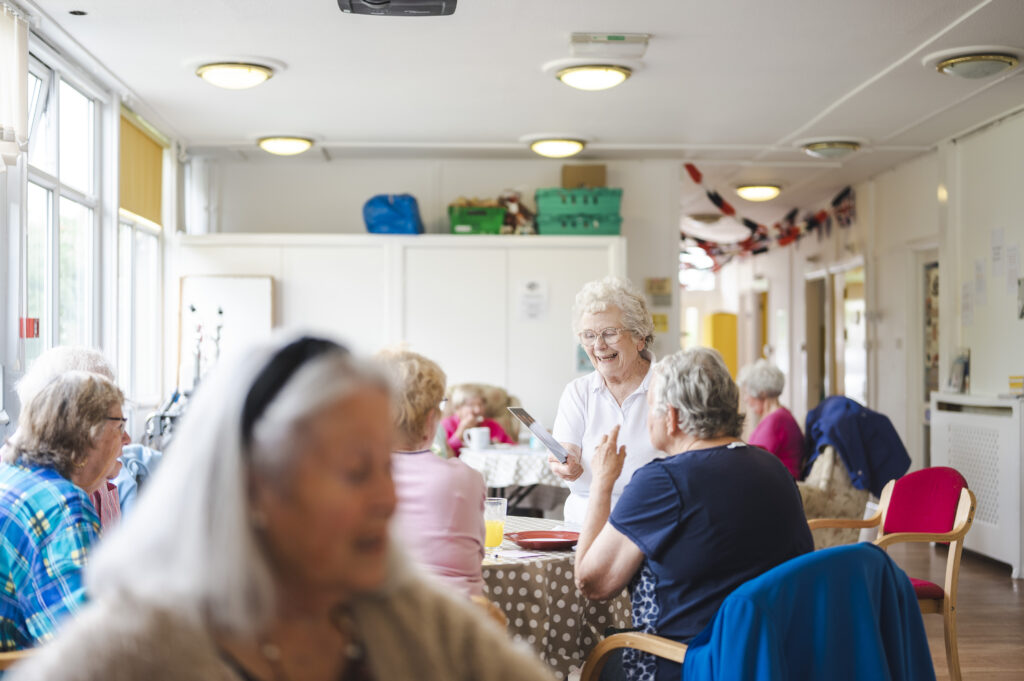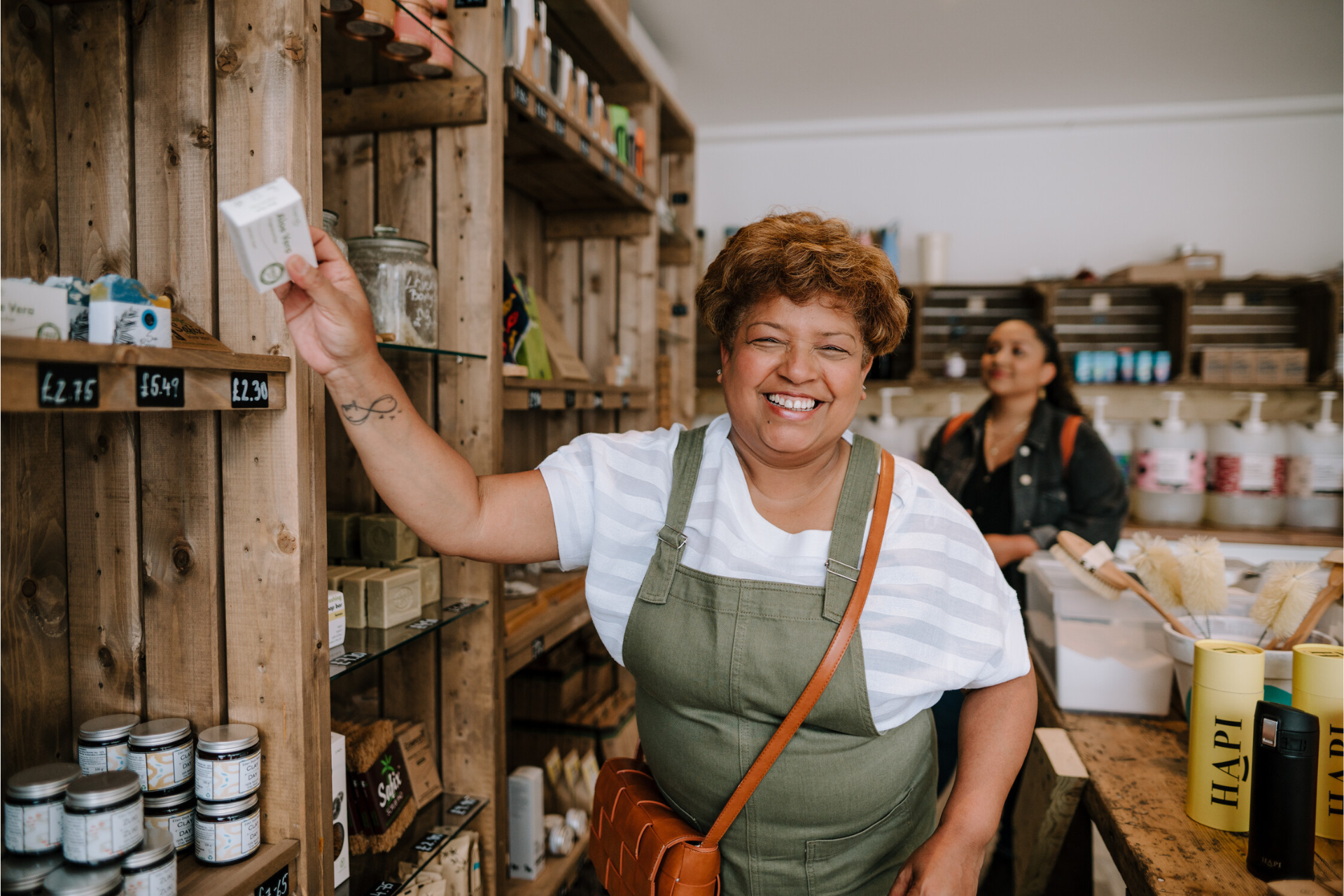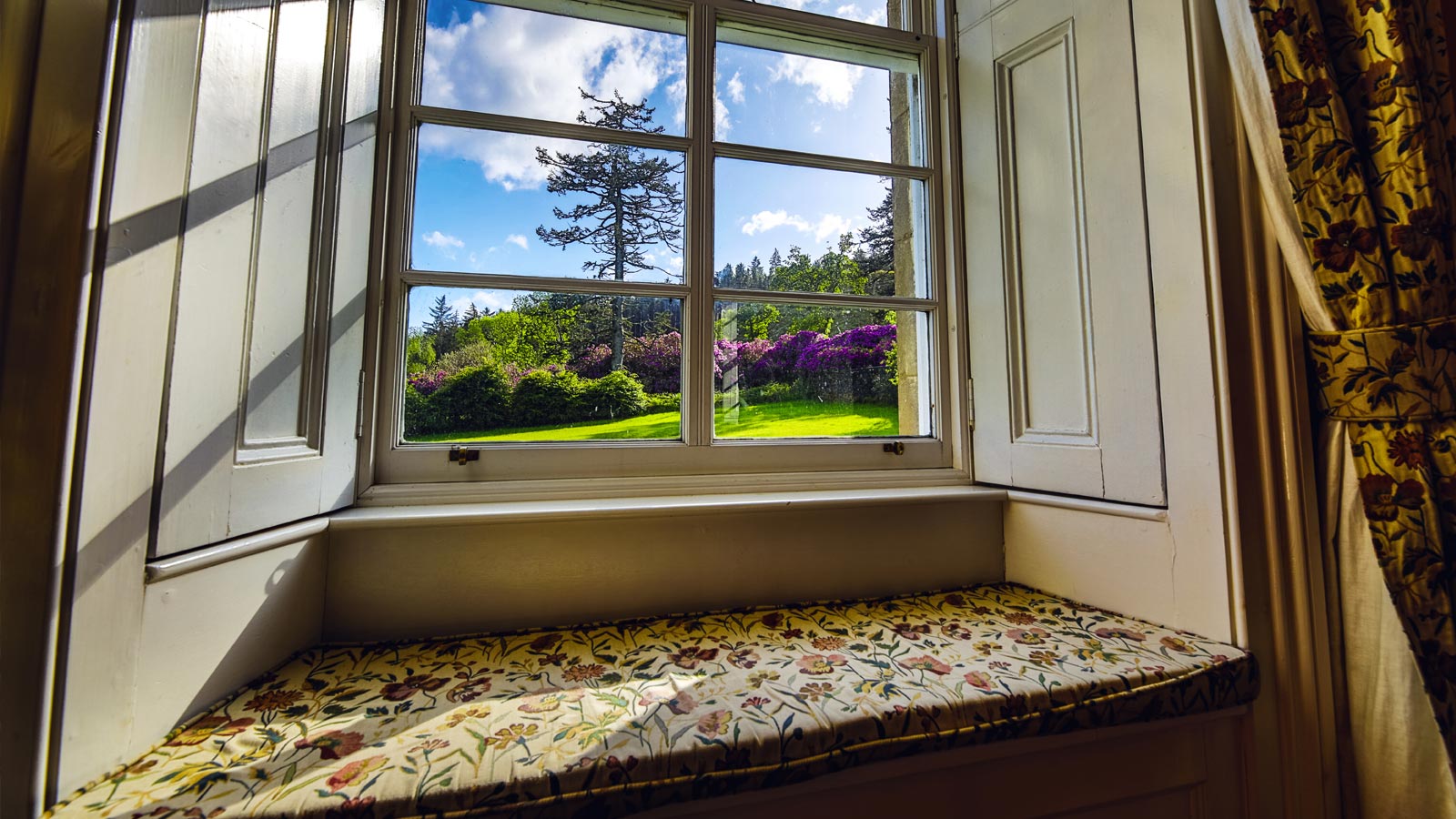The Covid-19 pandemic has had a huge impact on the wellbeing of older adults and led to high levels of social isolation and loneliness, which the subsequent economic crisis has compounded. Hospitality businesses, such as cafés and pubs, are ideally placed to play an influential role in supporting social connectedness by providing welcoming places and valuable services within local communities.
Although it is widely acknowledged that both older people and the hospitality sector have been badly affected by the pandemic, the opportunities for mutual support and creating resilience between them are largely unexplored. The government’s strategy for tackling loneliness emphasises the importance of community infrastructure and the development of interventions that address the issues associated with loneliness; yet there is a lack of understanding as to how the hospitality sector could help to improve older adults’ social connectedness.
The aim of the Hospitality Connect project was to explore the role of local hospitality businesses in supporting social connections among older people aged 65+, and to co-develop solutions that mutually benefit those who may be more isolated and/or lonely in their local community, and the cafés and pubs that serve them. To achieve this, we interviewed 14 older customers in four hospitality venues in Tower Hamlets, East London and 12 older customers in three venues in Guildford about the role of local cafés and pubs in their social lives. We also interviewed three venue owners/managers in each location to understand the business perspective and spoke with four representatives from the Institute of Hospitality, Campaign to End Loneliness, International Longevity Centre, and The Centre for Ageing Better to obtain their views on the importance of hospitality venues in supporting social connectedness and how this might be achieved.
The Hospitality Connect project has revealed that hospitality venues hold a significant role in the daily lives of older adults, serving as crucial social hubs for many. However, it is important to emphasise that the context in which these venues operate contributes to factors that can either facilitate or inhibit older people in their use of different cafés or pubs and when they might do so. These include geographic location (urban vs rural), socio-economic status, ethnic and cultural background, age, and health status.
The findings drawn from the interviews with customers, business owners, industry and third sector organisations have been synthesised to create the “Welcome ALL” toolkit (see below) in conjunction with our colleagues at Toynbee Hall in East London, peer researchers and project supporters.
Using the findings from our project, we have co-created the “Welcome ALL” toolkit with older people and other stakeholders to help small to medium sized hospitality businesses become more age-inclusive. Specifically, the toolkit provides a range of simple and practical solutions in a menu-style format that businesses can easily adopt over different periods of time and with varying levels of financial and/or other resource requirements:
Starter: Welcome ALL with a smile, instant impact with no costs
Main: Welcome ALL with your commitment to serve ALL
Dessert: Welcome ALL and be connected for the benefit of ALL
Sides: Benefit ALL through additional resources for building an age-friendly community


The toolkit is available at www.surrey.ac.uk/hospitality-connect-outputs and the short film is available here via YouTube






